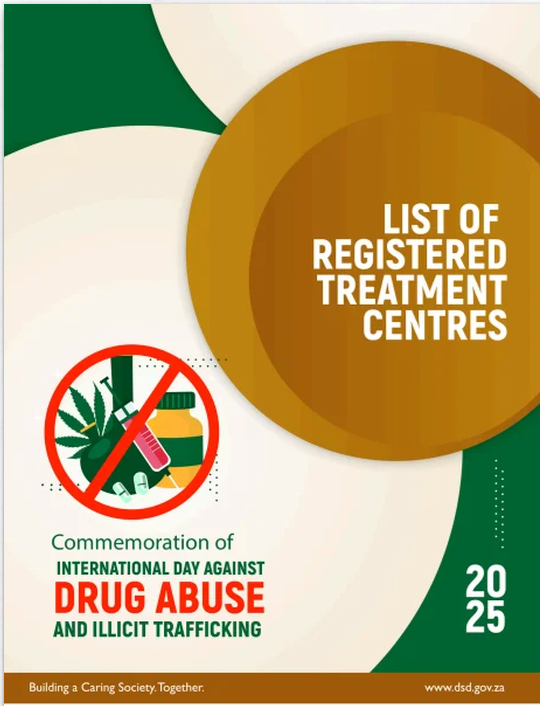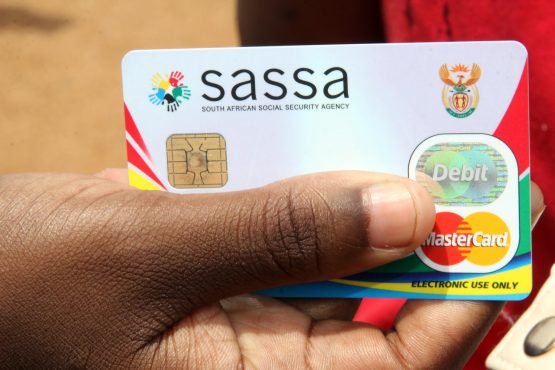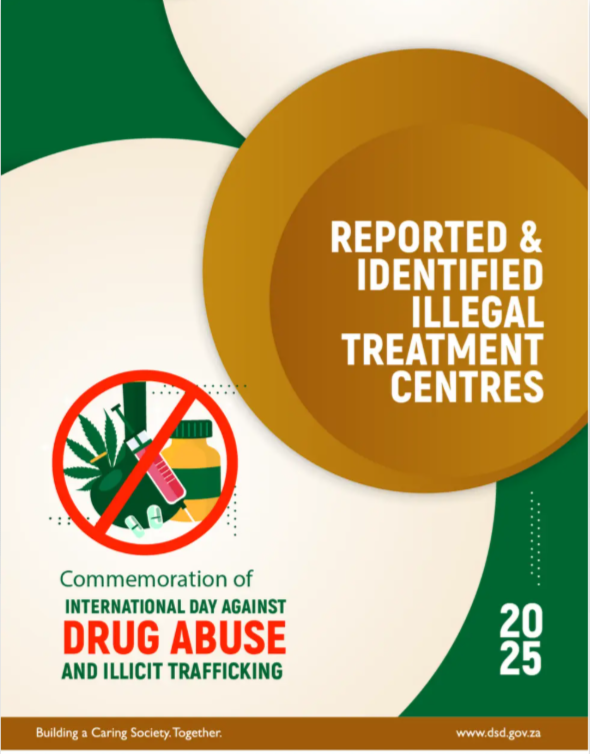By Cuma Pantshwa
- We cannot penalise the children!” DSD Chief Director:Social Assistance responds to petition on “Should the Older Persons Grant be increased, even if it means reducing the Child Support Grant?”
- “Social security provides a supplementary benefit when there is insufficient income to achieve a minimum standard of living. Social grants remain a vital safety net, particularly for the poorest households.” Minister Nokuzola Tolashe.
- The Older Persons Grant is already the highest-valued grant and consistently sits above the Food Poverty Line (FPL).
The Department of Social Development (DSD) on Wednesday strongly defended the grant allocation to minors against a rising debate that sought to trim and relocate R500 from the Child Support Grant (CSG) to the Older Person’s Grant (OPG) to lessen their financial burden as the current amount is reportedly insufficient.
DSD officials appearing before the Portfolio Committee on Social Development warned against trading one vulnerable group for another, despite the perceived societal imbalances.
This, as the household survey has shown that the Social Grants are the main income for most households in South Africa at 50,5%. —reaching over 19 million people, including 4.1 million older persons.
The Committee oversees the work of the DSD and its agencies—including the South African Social Security Agency (SASSA) and the National Development Agency (NDA).
The proposal sparked robust discussions around fairness, dignity, the rising cost of living, and the government’s role in social protection.
The Portfolio Committee on Social Development, chaired by MP Ms Bridget Masango convened to respond to a petition by the United South Africa Party which is calling for a significant increase to the Older Persons Grant (OPG), at least to R5 000 by trimming the Child Support Grant (CSG).
Presenting to the Committee, United South Africa Party Leader Riyad Isaacs said that older persons are receiving too little support and deserve a substantial increase. Describing them as “the backbone of society.” he advocated for a R500 increase to the Older Persons Grant.
Mr Isaacs, who said he represented more than 53 000 pensioners, argued that the CSG was not as essential because children born out of wedlock could be supported by their parents or grandparents.
“I argue that it’s nice to be promiscuous, why does the state need to foot the bill, where are the parents, why must that be shifted to the state to make that payment? I am not saying we need to take away the CSG in one bang, maybe the process could be done over three years or five years. We could do without the CSG and have that money shifted to the OPG. The R5 000 is not an alpha and omega number but whatever can be added to the OPG can help them live with dignity,” he said.
His submission included a detailed cost breakdown from SASSA, which illustrated how such a shift could be phased in and assessed the fiscal impact across provinces.
The Child Support Grant, only available to those who qualify based on a means test, is R560 per month per child.
Minister Tolashe thanked Mr Isaacs for the petition, noting that it was a necessary reminder of the government’s responsibility to all citizens.
However, she stressed the importance of a balanced approach. “Social grants are not a silver bullet. We must view them as one piece in a broader basket of services provided by the government to improve people’s lives.”
Historical Context and the Right to Social Security
In her opening remarks, ahead of the Department’s presentation, Minister Tolashe delivered a heartfelt reflection on the legacy of inequality and the constitutional promise of access to social security, as enshrined in Section 27 of the Constitution.
“Social security provides a supplementary benefit when there is insufficient income to achieve a minimum standard of living,” she said. “Social grants remain a vital safety net, particularly for the poorest households.”
Minister Tolashe emphasised that before 1994, just 2.5 million people received social grants—access largely determined by race. Since then, the democratic government has significantly expanded coverage. The percentage of households benefiting from social grants grew from 12.8% in 2003 to 30.9% in 2019. During the pandemic, the special COVID-19 Social Relief of Distress (SRD) Grant pushed coverage to 39.4% by 2023.
“Today, 50.5% of South African households rely on social grants as their main source of income,” she added.
DSD’s Response Data Driven and Equity-Focused
Delivering the Department’s technical response, Dr Maureen Mogotsi, Chief Director:Social Assistance at the DSD, warned against trading one vulnerable group for another.
“We cannot penalise the children for some of society’s ills,” she said, affirming that the Department’s position is to ensure equity and maximise impact.
She explained that the Older Persons Grant is already the highest-valued grant and consistently sits above the Food Poverty Line (FPL), whereas the CSG remains below the FPL—even as child poverty remains more widespread than adult poverty in South Africa.
Raising the OPG by R500 for all 4.1 million recipients would require an additional R25 billion to the annual social grants budget of R284.7 billion.
Budget Realities: Fiscal Constraints and Human Needs
Dr Mogotsi highlighted that 61% of the national budget is currently allocated to the “social wage,” which includes education, health, housing, and social grants. Despite this prioritisation, the economic climate demands careful trade-offs.
“In this context, the government must choose between increasing the value of existing grants or expanding support to those who are still excluded,” she said.
Evidence-Based Policy Making
Dr Mogotsi stressed that all grant-related policy decisions are backed by rigorous research and data. She cited a new study that’s been commissioned of the spousal means test for the OPG, which will employ both qualitative and quantitative methods to ensure fair eligibility criteria.
Dr Mogotsi reminded the Committee that grants are part of a wider network of state support services aimed at improving quality of life. These include:
Free basic water to 2.2 million households
Free electricity to 1.8 million households
Free sewerage services to 1.5 million households
Solid waste removal for 2 million households
81.9% of households living in formal dwellings
Public healthcare and access to education for dependents
Members of the Committee acknowledged the urgent challenges facing older South Africans, but also warned against policies that would improve the lives of one vulnerable group at the cost of another, especially when it comes to children.
The Department of Social Development reaffirmed its commitment to supporting older persons, while urging a more holistic and sustainable approach to social protection.
“Social grants are a cornerstone of South Africa’s poverty alleviation strategy,” Minister Tolashe concluded. “But we must never allow them to become a zero-sum game. Our Constitution demands dignity and equality for all—young and old. And that is what we will strive for.”





